
Blood pressure is the pressure of the blood measured in the arteries. There are two distinct blood pressures: systolic and diastolic. When the blood is pumped out from the heart that is measured by the systolic blood pressure which is the higher of two numbers indicating the blood pressure. The other is the diastolic blood pressure, which is measured when the heart is at rest, between the contractions. In most cases, diastolic blood pressure is the lower of two numbers that describe the blood pressure in general.
Many doctors will say that normal blood pressure is around 120/80 mm Hg. 120 describes the systolic and 80 is the number showing diastolic blood pressure. Healthy blood pressure mainly depends on the age, physical fitness and activities and the profession of an individual person. Because of that, your blood pressure may fall or rise in between 90/60 to 130/80 and still be considered as normal blood pressure.
What Happens When We Exercise
Our blood pressure closely responds to the action of our heart and orders from our brain. Every time our heart contracts, the pressure goes up because of the blood pushed through the arteries.
Regular exercise is recommended as one of the best ways to lower the heightened blood pressure over time. However, during the actual exercise, people experience rise in the blood pressure, even up to 195/75 from 120/80 under the resting circumstances. As a normal increase of the blood pressure during the intense workout, trainers and doctors consider blood pressure from 160 to 220/75.
Diastolic pressure can also get elevated during some physical activity. Everything 20mm Hg over your resting diastolic blood pressure is too much of a raise in blood pressure, and you should stop exercising instantly. Doctors recommend caution, if your diastolic blood pressure is between 85 and 89 mm Hg. Patients with coronary artery disease or hypercholesterolemia may experience extreme rises of the diastolic pressure during the physical activity, and they are advised to be especially cautious.
Potential Dangers
Be careful, because if your blood pressure happen to increase significantly during some physical activity, it may indicate some severe artery disease. Some forms of exercise may be very dangerous, especially weight lifting. Weight lifters experience extremely intense muscle contractions and because of that, these they are in danger of heart attacks and strokes. Cocaine, methamphetamines or even coffee and certain medications are known to potentially worsen this situation further.
High blood pressure during physical activity can also be caused by aging and smoking, or by some medical conditions, including diabetes, menopause or heightened blood cholesterol.


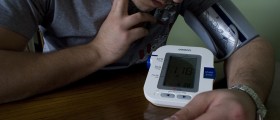







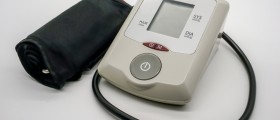

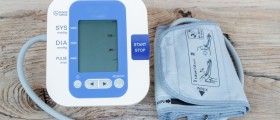
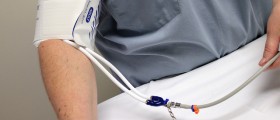

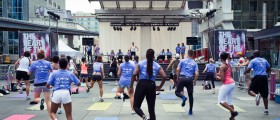

Your thoughts on this
Loading...